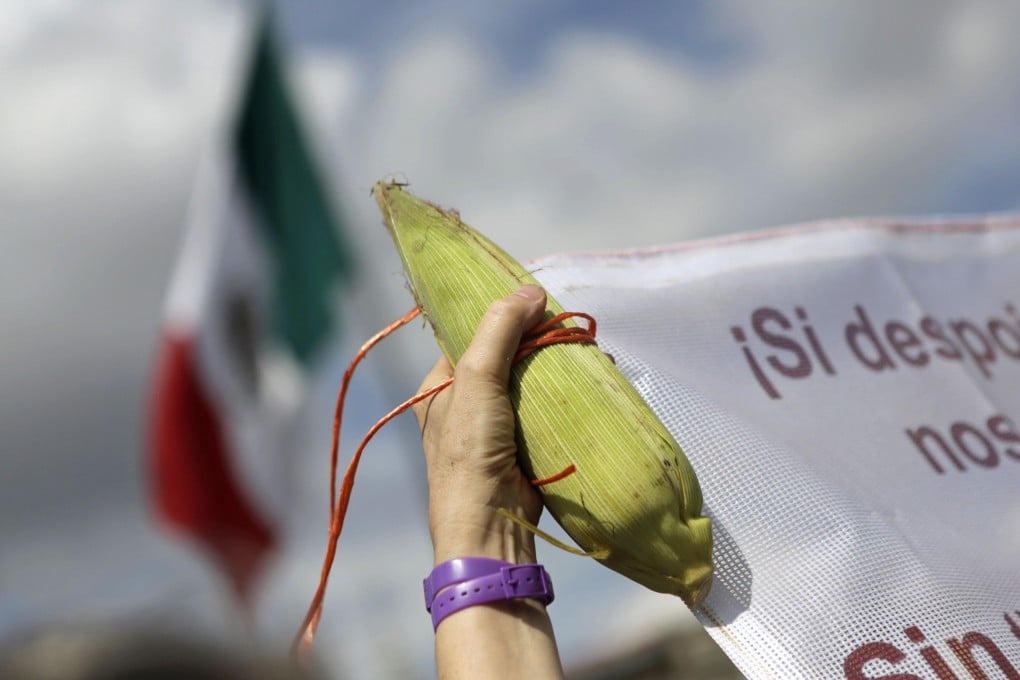China should impose tougher checks on genetically modified soy imports
Kamilia Lahrichi says action needed amid warnings of herbicide overuse

As the international community raised awareness of food security on World Food Day last week, 1.3 billion Chinese people are facing critical health risks due to imports of genetically modified soybeans, including those from Argentina, the third-largest producer and exporter of soybeans.
Soybean oil is widely used in Chinese households and restaurants because it is cheap. In 2013, Beijing imported over 63 million tonnes of genetically modified soybeans from the US, Brazil and Argentina.
About 98 per cent of Argentina's crops are Roundup Ready crops, which are genetically modified to be resistant to the flagship glyphosate herbicide of US-based seed giant Monsanto.
Worryingly for Chinese customers, Argentinian farmers use more than twice as much pesticide per acre as US farmers do. Hence, residues of this powerful herbicide find their way into Chinese diets, such as soy milk and tofu.
The World Health Organisation says that 1kg of soybeans should contain less than 20 milligrams of glyphosate. Nevertheless, Argentina's soy exports to China contain 100 milligrams of glyphosate per kilogram, according to Dr Medardo Avila-Vazquez, an Argentinian paediatrician and specialist on the topic. He warned earlier this month that even "20mg is a very big quantity of poison in food".
One problem is that Beijing authorities do not make stipulations about the level of glyphosate per gram that soy should contain. This has adverse consequences, as herbicides such as glyphosate have been linked to rising cancer rates, birth defects and other diseases. In Argentina's Chaco province, for example, birth malformations quadrupled after the country boosted agricultural biotechnology.
Policymakers in Argentina deny agrochemicals' detrimental impact on health and the environment because biotechnology has fostered economic development.